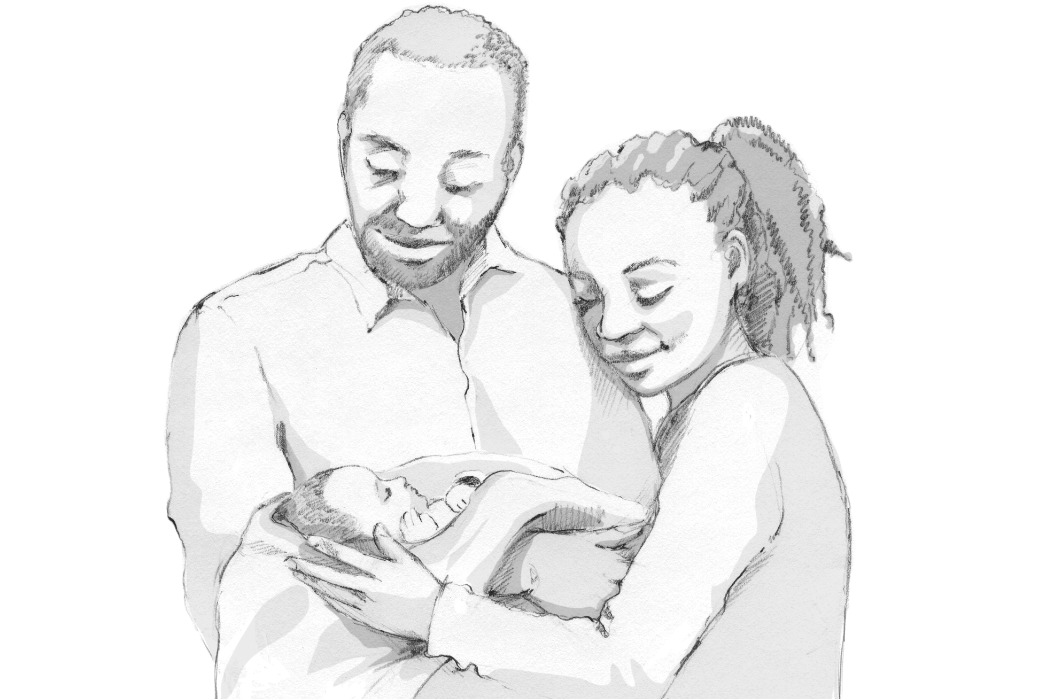Illustration: Nadja Stadelmann
The Family Larsson-Rosenquist Foundation (FLRF) committed to spend 75 to 100 million Swiss francs on breastfeeding-related projects over five years at the 2017 Nutrition for Growth Summit in Milan. Why? Breastfeeding is vital to nutrition and plays an important role in achieving the Sustainable Development Goals. And when breastmilk is truly valued and families are supported, opportunity expands: children and mothers lead healthier lives and poverty declines.
FLRF addresses these critical, real-world needs through collaboration and innovative, long-term financing. Together with our partners, this year we have worked to revitalise the journey from science to impact so countries can break through entrenched challenges and sustain ambitious breastfeeding goals. While the slower development of several projects and the COVID-19 pandemic have delayed the rate of funding, we remain fully committed to our Nutrition for Growth pledge, and we have been pleased with what we have been able to move forward despite challenging circumstances. Here are select highlights:
New resources for researchers – expanding existing knowledge and filling critical gaps
- With the International Society for Research in Human Milk and Lactation (ISRHML) we recharged the Trainee Expansion Program (TEP) with a total of USD $1.25 million for another 5 years. TEP offers 2 types of annual research grants for early career academics. We are supporting a pipeline of future researchers in this specialised field, with a goal to increase geographic diversity by encouraging applications from low-resource settings. 2021 awardees will be announced in 2022 via our newsletter and on LinkedIn.
- Now in German: Breastfeeding and Breast Milk – from Biochemistry to Impact. The reference book features contributions from 30 leading experts who examine breastfeeding from multiple scientific perspectives. Access a free PDF of Stillen und Muttermilch – von den biochemischen Grundlagen bis zur gesellschaftlichen Wirkung. Eine multidisziplinäre Einführung on LactaHub.
- EFBRI – An Evolving Ethical Framework Informing Breastfeeding Research and Interventions, was built by the University of Zurich to streamline research processes for people working with breastfeeding mothers and children. EFBRI compiles ethical principles from established international standards, to help researchers align their work to universal research ethics standards confidently and efficiently. The aim? Safeguard the rights and dignity of everyone involved in breastfeeding and lactation research.
New evidence-based tools and resources for health practitioners – making knowledge accessible
- With help from lactation consultants, midwives, nurses, doctors, mothers and families, we launched LactaMedia – A Clinical Image Collection, on LactaHub. The 100-plus and growing collection of educational photos and videos of lactating women, often with their breastfeeding infants, is appropriate for training, presenting and assisting patients. Images depict specific topics like breastfeeding positions, breast variations, stages of breastmilk or anatomical challenges of mother or baby. Each is IBCLC reviewed and approved.
- PROVIDE – A Training Compendium on Providing Mothers’ Own Milk in NICU Settings expanded this year. Produced by Rush University Medical Center and launched in 2020, it offers information sheets and videos to implement lifesaving ‘MOM’ feeding practices for infants in intensive care. Recent additions include a new category (‘Grandmother support and engagement’), new videos in the ‘Breastfeeding the NICU infant and related practices’ category, and Spanish translations for all information sheets.
Breastfeeding research – aligned with real-world nutritional needs
- How do we know how much zinc and iron breastfed infants receive? A question of vital importance, since deficiencies can lead to stunting and other growth and developmental problems – public health problems common in low-resource settings globally. Our partners at Ludwig-Maximilians-Universitaet Munich helped provide answers.
- Scientists at the Larsson-Rosenquist Foundation Mother-Milk-Infant Center of Research Excellence (MOMI CORE) at the University of California San Diego dove deep into Big (Twitter) Data to learn how social media influencers communicate #breastfeeding information. Their findings offer health professionals and researchers ways to optimise their communication strategies – because effective #breastfeeding communication is essential to educating the public and protecting and promoting the health of all people, in all communities.
- The annual price tag for not breastfeeding in Indonesia is staggering – between $USD 1.5 and 9.4 billion due to irreversible, associated costs of sicknesses, cognitive losses and maternal and infant deaths. Our Becoming Breastfeeding Friendly partners at Yale University published an attractive, alternative economic case to boost breastfeeding rates by expanding paid maternity leave to women working in the nation’s ‘informal’ employment sector.
Breastfeeding research – aligned with real-world health and developmental needs
- In addition to its nutritional value for preterm or very low birthweight infants, breastmilk can be a powerful ward against dangerous infections. An international team including our partners at the Mucosal Immunology and Biology Research Center, Massachusetts General Hospital for Children, Harvard Medical School continued research into how breastmilk plus a probiotic could prevent the infection that causes necrotizing enterocolitis.
- The Larsson-Rosenquist Foundation MOMI CORE at the University of California San Diego is also examining breastmilk and immunity. This year they launched a crucial investigation to see whether antibodies from COVID-19 vaccinated mothers may protect their breastfed infants. Stay tuned for results.
- The Larsson-Rosenquist Foundation Centre for Immunology and Breastfeeding (The University of Western Australia) collaboratively published 2 reviews this year:
- The Gut-Breast Axis: Programming Health for Life
- Allergen shedding in human milk: Could it be key for immune system education and allergy prevention?
We are grateful to our partners for working with us to ensure every child has an optimum start in life through the benefits of breastmilk.

